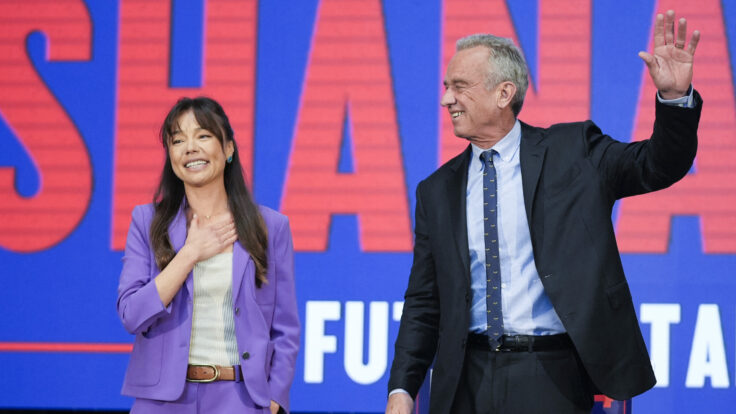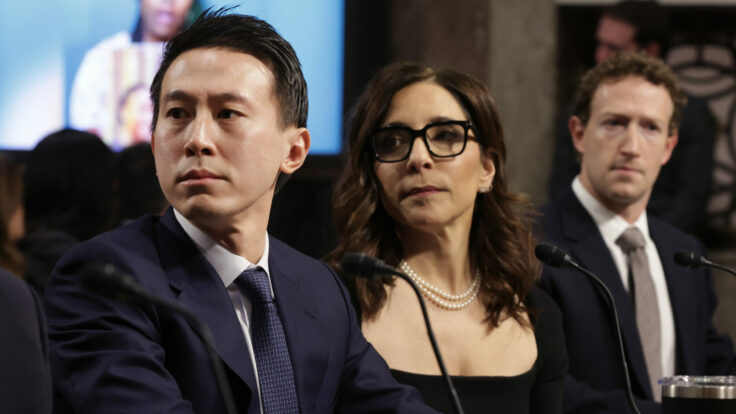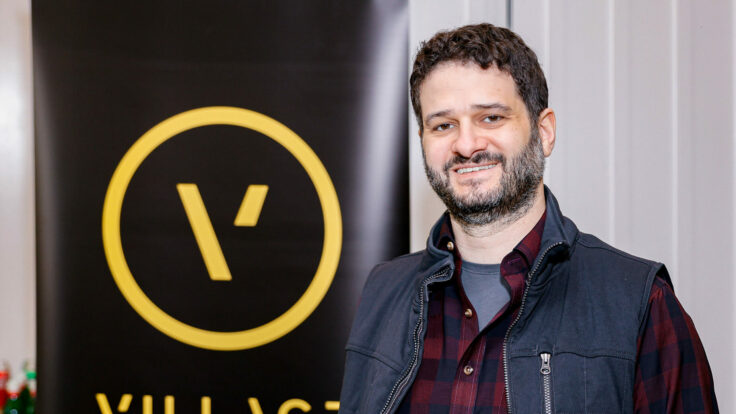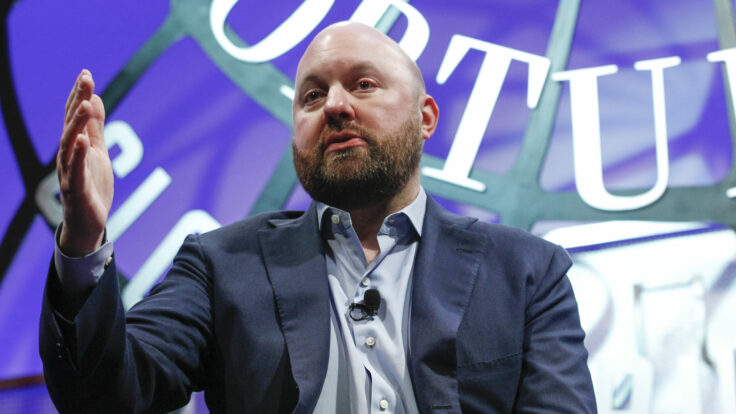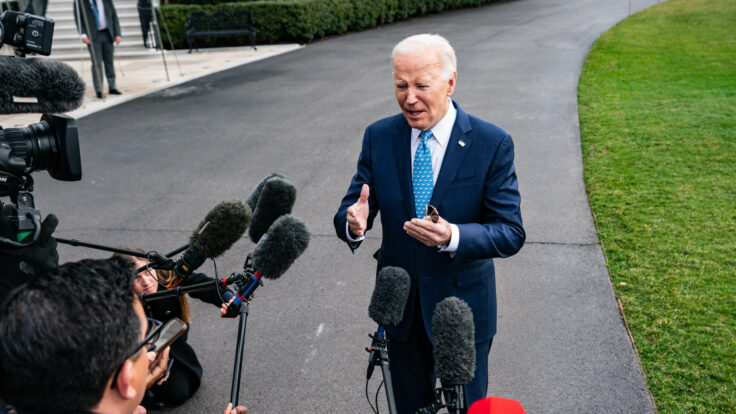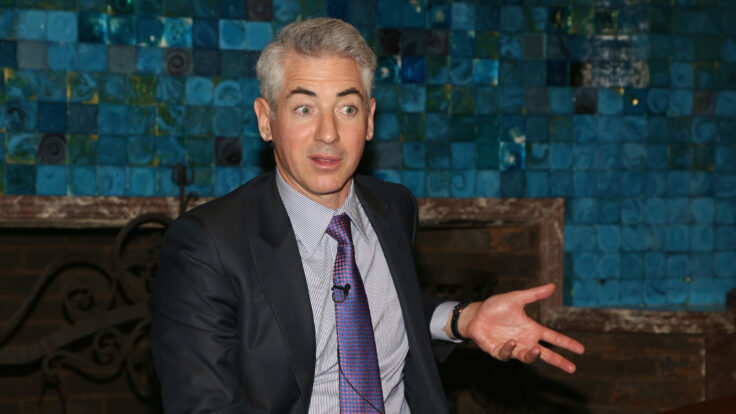About a month ago, Chuck Schumer was on the phone with the political group Voices for Progress, explaining to some donors and party activists the bind that Democrats like him were in when it came to passing a new voting-rights law. Things are hard, was his gist. Give me time.
There was one person on the line, though, who was not the ordinary rabble-rouser, and who was particularly impatient with Democrats’ lackadaisical timeline for getting it done. And so when Schumer opened the conference call for questions, a little-known psychiatrist named Karla Jurvetson forcefully made her case to the Senate Majority Leader, expounding all of the reasons that democracy itself might be at stake if they didn’t move more quickly, according to four people familiar with the call, which was supposed to be kept tightly under wraps.









